Trauma comes from experiencing something that is too hard, too much, for too long, with too little support. Perhaps it is something unexpected that came on too fast, with no time to digest it or metabolize it. Often it can feel like being flooded with more than we can take in.
Maybe you’ve been there before, or maybe the pandemic — and the systemic culture of racism and political divide — has surfaced it in ways that you don’t know what to do with it all.
